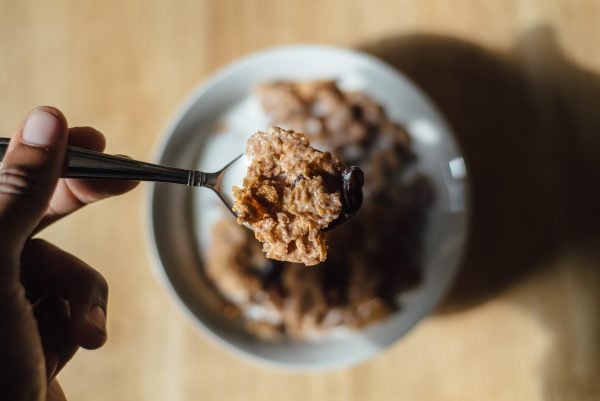Google Aussie chef and author Pete Evans and you’ll find a mix of avid fans who follow his wellness advice like it’s gospel and another camp who are strongly against his opinion.
An advocate for the Paleo diet, Evans in the past has been accused by the Australian Medical Association of putting people in danger with regards to his take on fluoride, calcium and sunscreen.
He’s a fan of camel milk, is totally against grains and legumes and believes that dairy removes calcium from bones.
Evans’ documentary, The Magic Pill, was released in May 2017 and has just made its way to Netflix. It explores the Paleo lifestyle and asks the question ‘What if most of our modern diseases are really just symptoms of the same problem?’
We asked dietitian and nutritionist Rachel Scoular to break down some of the claims made in the hour and a half long film.


Top Comments
I am a diabetic on the Keto diet and it has been amazing. I have the best blood sugar numbers of anyone that is treated by all four doctors i have asked in the last few years.
Keto has been a life changer, and doesn't require monitoring of ketone levels as stated by this dietician, and I am completely off all diabetic meds.
Can I just add that I too was super skeptical. I hadn't seen the movie, hadn't heard of it until yesterday. However, after trying every way of losing weight and being at gym up to 5 times a week, all I had left was to try Keto. Much to my shock it works. If your health is suffering, just try it for 2 weeks. Have a gp that will support you and your health, and try. You've got nothing to lose except the weight and less pills, and everything to gain, your health.
Well done Linda, It's surprising the easy and effective when you get it right - in my humble opinion...
Thanks Lincoln. :) Very true.